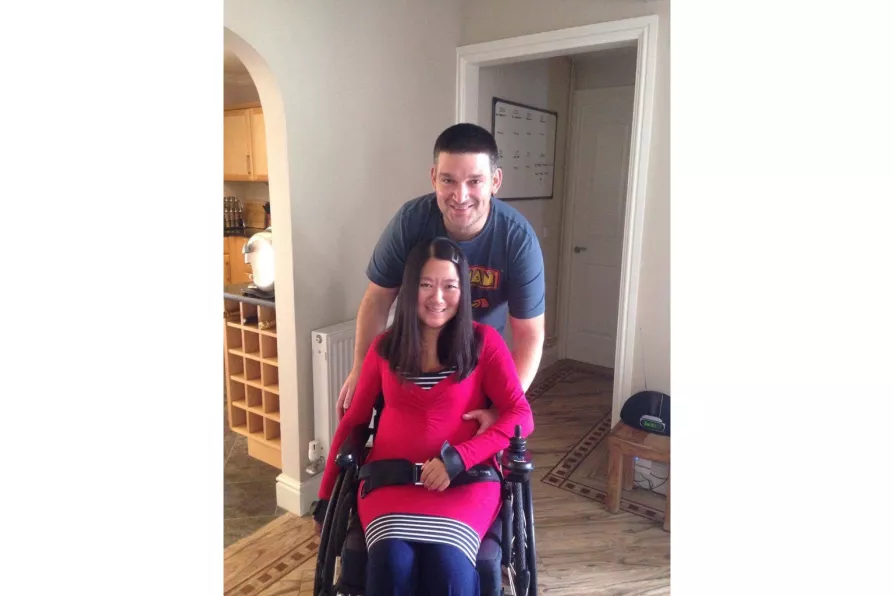RAMZY BAROUD sees Gaza abandoned while the genocide continues
Social care in crisis
The government is ignoring key advice on further deterioration in social care provision, writes RUTH HUNT

 Lynda Yu, who has complex care needs
Lynda Yu, who has complex care needs
A COMMITTEE tasked with advising the government on the crisis in social care has said in its annual report that the situation has deteriorated further and its recommendations have been ignored.
The Migration Advisory Committee (MAC) reported that there are around 70,000 more vacancies in social care now than before the pandemic.
This makes the overall vacancy rate 11.1 per cent, with the report indicating that much is due to Brexit and the ending of free movement.
Similar stories

In the face of funding cuts, closures and a shift into women’s centres providing criminal justice-only services rather than a holistic approach, RUTH HUNT urges women to protect existing resources, volunteer and build new networks of support

Due to the actions of this government, the challenges facing those with disabilities, such as spinal cord injuries, are nigh on insurmountable, argus RUTH HUNT

By making Personal Independence Payments harder to access, Labour is creating another barrier for those already struggling with soaring care costs, workplace discrimination and prejudiced employers, argues RUTH HUNT

Persistent inequality for women shows we still have a long way to go, but Wales TUC leader SHAVANAH TAJ is confident we can build a fairer country when we work together










